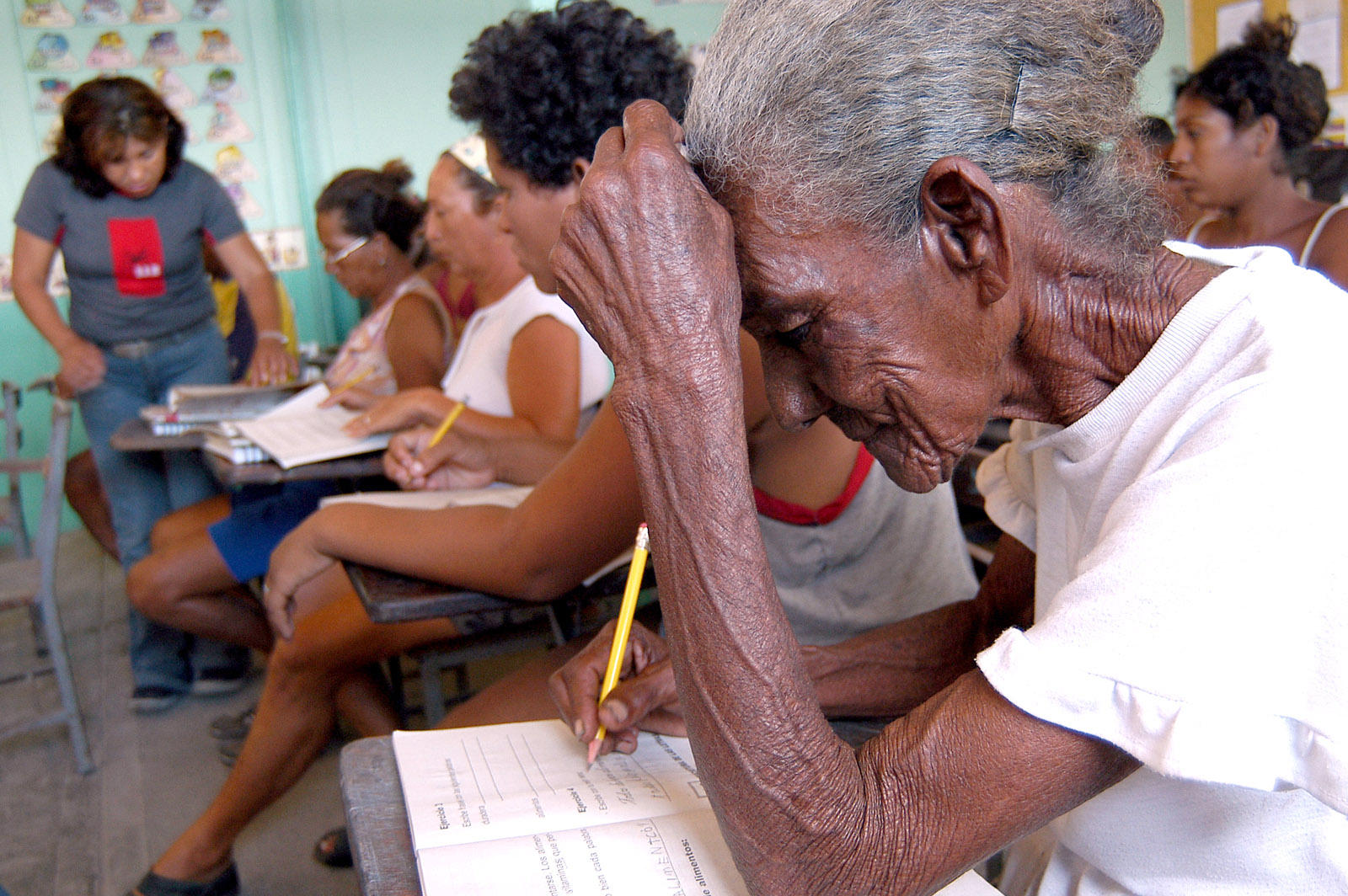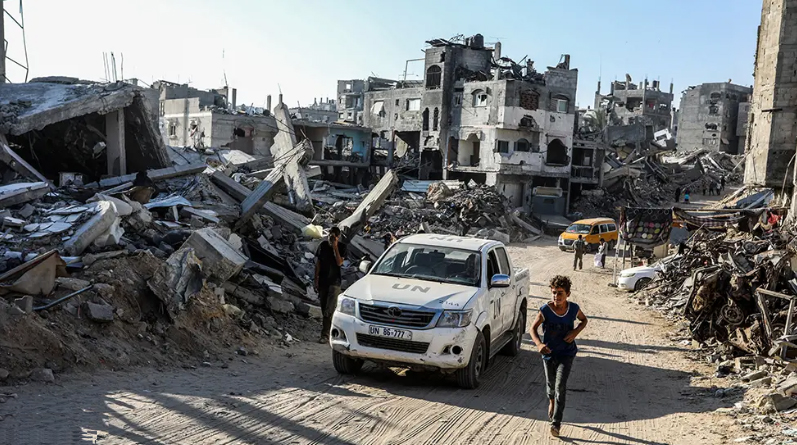21st Century Wire

This week saw both the US government and the EU set a deadline of February 23 for Venezuela’s legitimate and democratically elected president, Nicolas Maduro, to step down from power and hand the country over to the CIA’s hand-picked puppet whom Washington has declared Venezuela’s president to be Juan Guiado.
For the last few weeks, Washington, along with its local client states in Brazil and Colombia, have been planning to created a staged provocation at designated flashpoints along the Venezuelan border under the pretext of “delivering much-needed aid to the poor Venezuelan people.”
Initially, the U.S. hope to be able to distribute tons of food and medicine as a public relations stunt to project its humanitarian virtue to the world and to the people of Venezuela, but suspicions grew when talk of covert smuggling of US weapons to ‘rebels’ in Venezuela and Colombia began to materialize – throwing their “humanitarian mission” into question. The Maduro government in Caracas accused the US and its clandestine agencies like USAID of using the aid deliveries as a tactic to foment instability and ultimately regime change in Venezuela. This is also why leading international aid agencies like the Red Cross and the UN wanted nothing to do with the US operation.
Yesterday, their suspicions were proven correct, as a series of provocations were staged by US-backed ‘opposition’ gangs at border crossing points with Colombia and Brazil – which were then picked up by corporate mainstream media outlets, and US war hawks like Marco Rubio only to be blamed on the ‘Maduro Regime.’
*
The Canary
The greatest trick the BBC ever pulled was to convince the world its bias doesn’t exist. Whether BBC journalists are aware of it or not, personal and institutional bias informs what information they present, and how they present it. And as Noam Chomsky told the BBC’s Andrew Marr in 1996, if BBC reporters presented information any other way, they simply wouldn’t be BBC reporters.
On 19 February, BBC correspondent Orla Guerin added to the neutrality myth, writing about the broadcaster’s coverage of Venezuela:
We don’t do propaganda. We call it they [sic] way we see it, even if that does not suit the pre-conceived idea/ideals that some have.
BBC journalists may very well ‘call it the way they see it’. But that far from suggests that they “don’t do propaganda”. The BBC’s decades-long agitation for intervention in Venezuela lays this assertion bare.
Propaganda: a war of attrition
a) the US promotes democracy abroad;
b) Venezuela is a brutal dictatorship
Though both are demonstrably false, the media drip-feeds these narratives into public discourse until they seem like common sense. Like a war of attrition, this propaganda eats away at rational discourse until critical analysis appears an act of madness or evil.
The Canary spoke to David Edwards, one of two editors of award-winning media monitoring site Media Lens, about how the BBC reports on Western intervention. Edwards said:
Because the US, UK and its allies are the world’s leading human rights violators, and because the BBC cannot even conceive of this possibility, BBC output must be considered propaganda on every issue relating to international affairs. The BBC is structurally, institutionally completely incapable of reporting honestly the crimes of the West and its allies.
It has never told even a fraction of the truth about US-UK crimes in Serbia, Afghanistan, Iraq, Iran, Libya, Palestine, Syria, Yemen, and so on. It has never reported these crimes or placed them in an accurate historical context, showing how the West has consistently attacked independent nationalists abroad in its determination to ensure that local tyrants armed and supported by ‘us’ suppress local people to the benefit of Western corporate interests. This framework of understanding is considered completely beyond the pale in ‘polite’ BBC discourse; it is not even thinkable for them.
Because the US, UK and allies are the world’s leading human rights violators, and because the BBC cannot even conceive of this possibility, BBC output must be considered propaganda on every issue relating to international affairs.
And true to form, the BBC has consistently made current intervention in Venezuela seem necessary and humanitarian.
The BBC versus Hugo Chávez
According to a study by the University of the West of England, out of 304 BBC reports published between 1998 and 2008, “only 3 of those articles mentioned any of the positive policies introduced by the [former Venezuelan president Hugo] Chávez administration”. These positive policies notably included “democratic initiatives, human rights legislation, food programmes, healthcare initiatives…, poverty reductions programmes”, and a highly successful literacy initiative.
*
John Pilger in CounterPunch
… Although identity politics are all the rage in the pages of liberal newspapers in the West, race and class are two words almost never uttered in the mendacious “coverage” of Washington’s latest, most naked attempt to grab the world’s greatest source of oil and reclaim its “backyard”.
For all the chavistas’ faults — such as allowing the Venezuelan economy to become hostage to the fortunes of oil and never seriously challenging big capital and corruption — they brought social justice and pride to millions of people and they did it with unprecedented democracy.
“Of the 92 elections that we’ve monitored,” said former President Jimmy Carter, whose Carter Centre is a respected monitor of elections around the world, “I would say the election process in Venezuela is the best in the world.” By way of contrast, said Carter, the US election system, with its emphasis on campaign money, “is one of the worst”.

Carmen Vásquez, 85, learning to read and write at the Misión Robinson, Isla Borracha, Anzoátegui, Venezuela,2004.
